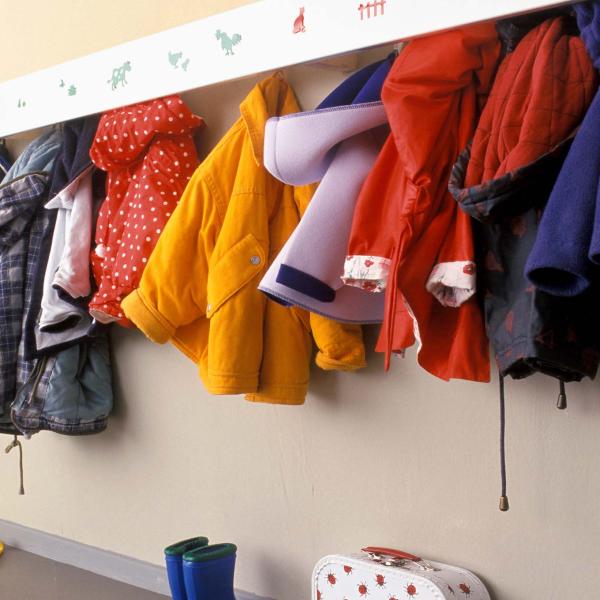
We ask why the gender pay gap opens up, whether things have improved in recent years, and talk about one key factor affecting women’s pay - kids.
Subscribe now: Apple Podcasts | Spotify | ACAST | Stitcher | YouTube | Google Podcasts | RSS
Over the past decades, women have drawn closer to men in a variety of areas - education, university degrees and workforce participation. But, women still earn less on average than men.
In this episode, we ask why this pay gap opens up, whether things have improved in recent years, and talk about one key factor affecting women’s pay - kids.
Joining us are Alison Andrew, Associate Professor of Economics at the University of Oxford, Christine Farquharson, Senior Research Economist at IFS and Lucinda Platt, Professor of Social Policy and Sociology at the LSE.
Zooming In: discussion questions
Every week, we share a set of questions designed for A Level economics students to discuss, written by teacher Will Haines.
- How do the percentage of woman and men who work for pay in heterosexual partnerships change after the birth of their first child?
- Analyse the potential macroeconomic impacts of subsidising childcare.
- Assess the view that childcare reforms will pay for themselves.
Participants

Economics Columnist Financial Times

Research Fellow
Alison is a Senior Research Economist of our Institute with research interests in the economics of gender, marriage and education.

Associate Director
Christine's research examines inequalities in children's education and health, especially in the early education and childcare sector.

Research Fellow London School of Economics
Lucinda Platt is a Research Fellow of the IFS and Professor of Social Policy and Sociology at the London School of Economics and Political Science.
Podcast details
- DOI
- 10.1920/pd.ifs.2023.0014
- Publisher
- Institute for Fiscal Studies
More from IFS
Understand this issue

Sure Start achieved its aims, then we threw it away
15 April 2024

If you can’t see it, you can’t be it: role models influence female junior doctors’ choice of medical specialty
24 April 2024

What is the two-child limit in benefits?
27 June 2024
Policy analysis

How do the last five years measure up on levelling up?
19 June 2024

Free breakfast clubs in schools: what Labour’s plans would mean for pupils and families
25 June 2024

Labour’s plans to build childcare spaces in schools will nudge the market in a different direction – but not transform it
9 June 2024
Academic research

Income inequality in Ireland, 1987–2019
28 June 2024

Components of the evolution of income inequality in Sweden, 1990–2021
28 June 2024

The impact of labour demand shocks when occupational labour supplies are heterogeneous
28 June 2024